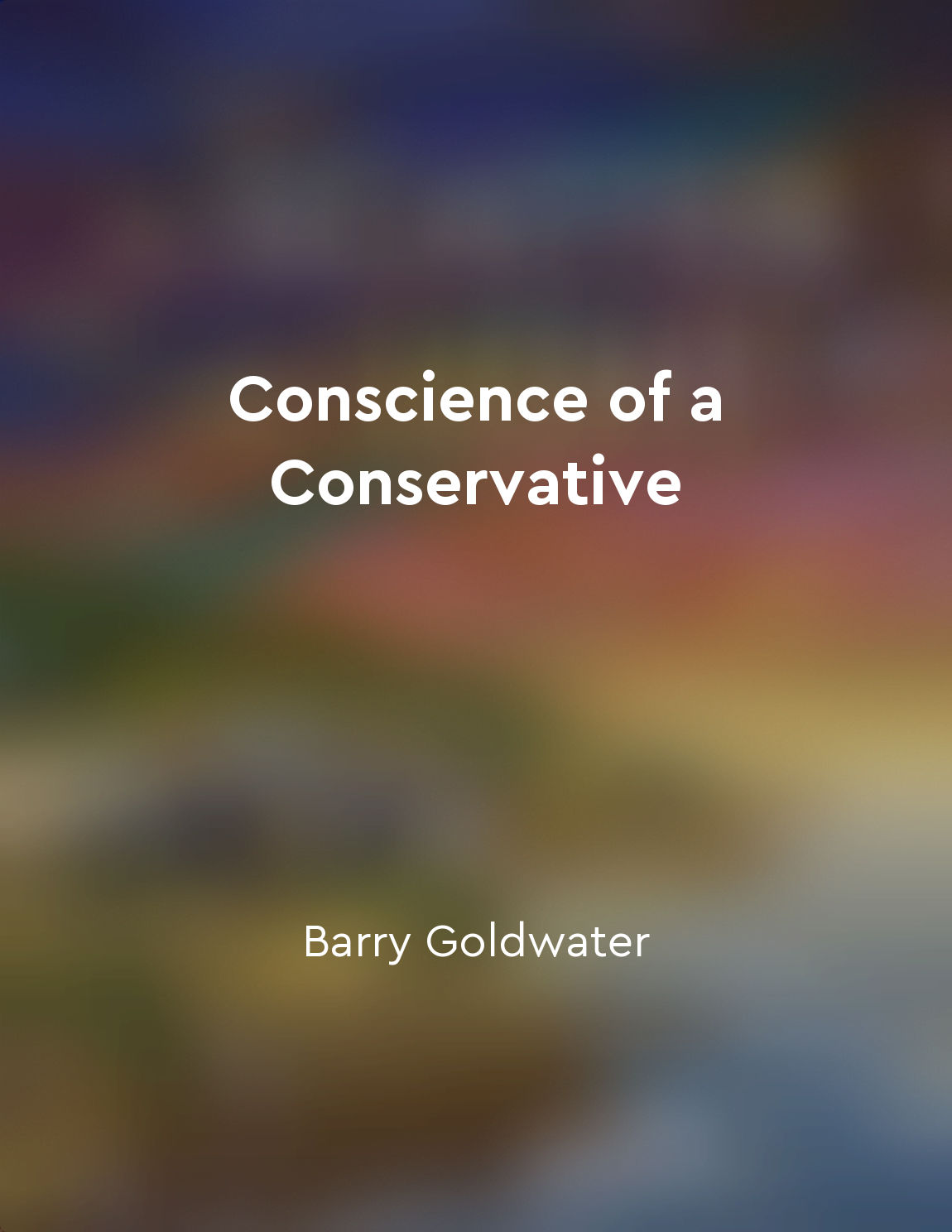The distinction between open and closed societies is crucial from "summary" of The Open Society and Its Enemies by Karl Raimund Popper
The distinction between open and closed societies is a fundamental one. The differences between the two are not merely superficial, but go to the very heart of how a society is organized and governed. In an open society, individuals are free to express their opinions, criticize the government, and engage in public debate without fear of reprisal. This freedom of expression is essential for the functioning of a democratic society, as it allows for the exchange of ideas and the challenging of established beliefs. In contrast, in a closed society, dissent is not tolerated, and those who speak out against the government are often silenced through censorship, intimidation, or even violence. The lack of freedom of expression in a closed society stifles creativity, innovation, and progress, as individuals are afraid to speak out and challenge the status quo. This leads to a society that is stagnant, repressive, and resistant to change. Another key difference between open and closed societies is the way in which power is distributed and exercised. In an open society, power is decentralized, with checks and balances in place to prevent any one i...Similar Posts
Idea: Transformation of public sphere leads to globalization
The transformation of the public sphere has been a crucial factor in the process of globalization. In its initial form, the pub...

Equality under the law is fundamental
Equality under the law is fundamental. It is a principle that lies at the very core of our democratic society. Without it, our ...
The free exchange of ideas is the cornerstone of progress
The idea of the free exchange of ideas is crucial for the advancement of society. It is through the clash of different opinions...
Popper rejects the idea of historical inevitability
Popper firmly opposes the notion that history follows a predetermined course, arguing against the belief in historical inevitab...
Democracy is a continual work in progress
Jean Bethke Elshtain argues that democracy is not a static entity that can be achieved and then left alone to flourish indefini...
Idea: Habermas advocates for inclusive public discourse
Habermas emphasizes the importance of inclusive public discourse in shaping a democratic society. He believes that a truly demo...
